Global industries can move between US states and between countries to follow conditions that favour profits. Trade unions need to innovate to deal with vested interests and corrupt lawmakers. “You can’t make dishonest people honest, but you can take away the temptation for abuse”: Baldemar Velasquez.
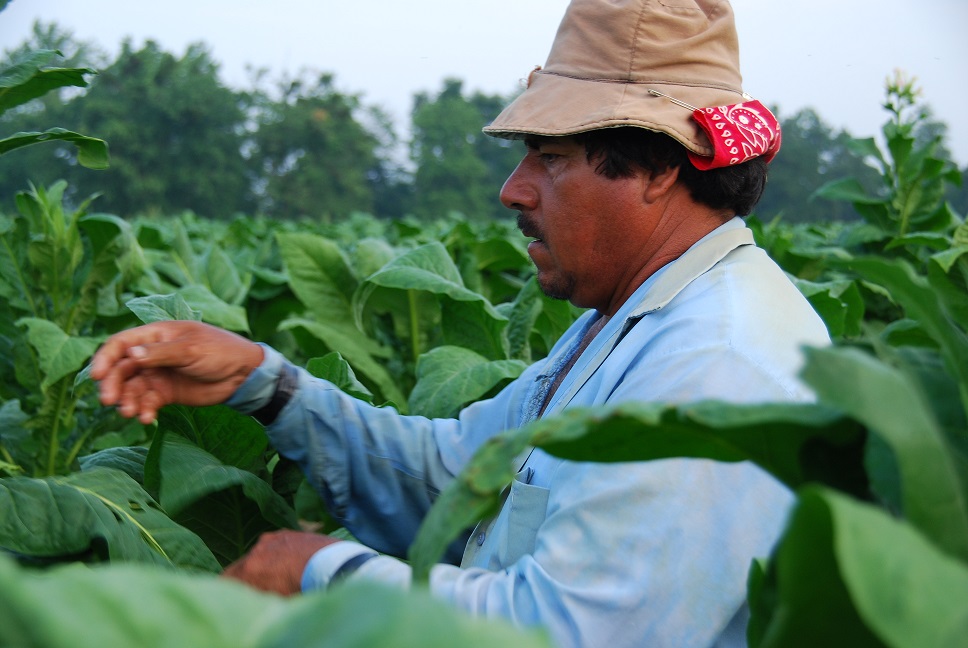 Graham Douglas
Graham Douglas
The tobacco industry is one of the most exploitative agricultural industries: only 6% of the wealth generated goes to farm workers, who often suffer from agricultural chemicals, poor accommodation, as well as economic exploitation.
The industry in North Carolina depends heavily on migrant labour from Mexico, of whom 90% arrive undocumented and thus open to even more exploitation, both in low wages and extortionate fees for US visas, which are only valid for one season and should cost the worker about $350, but until FLOC’s intervention prices up to $2000 were recorded.
The men work from 6 am. till 6pm in heat which is near suffocating in the afternoon, and skin coverings are essential to prevent nicotine absorption – a toxin. They do it for the same reasons any parent does – to give their kids an education and a better life, are these heroes the same people who are vilified on right-wing TV stations in the US as potential criminals and terrorists? Yes, they show the immorality of a capitalist society with news organizations fronted by people with no tomates: paid gossips and bullies in suits.
Mexico is a very corrupt country where US labour unions have no legal status, and extreme violence will be used by gangs against anyone challenging them.
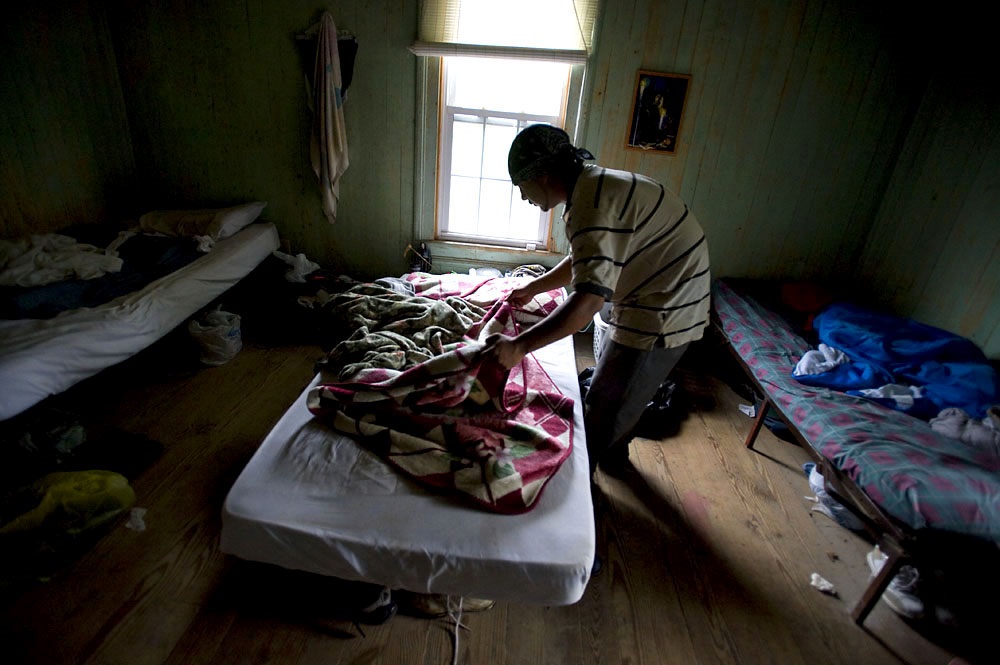 The big tobacco companies buy worldwide from one of two brokers, and the conditions in southern Africa are among the worst, where forced labour and child labour are both known.
The big tobacco companies buy worldwide from one of two brokers, and the conditions in southern Africa are among the worst, where forced labour and child labour are both known.
The farmers are also being exploited, not only the labourers. The power of international capital is used by the big buyers to squeeze the prices they pay to the farmers, and for both farmers and workers the threat is the same: accept it or we go somewhere else. Buyers can move to countries where production is cheaper bankrupting the farmers, while for the workers it is the case that: “there’s always someone else who will be happy to have your job if you don’t like it”. And this has been the case since globalisation began: capitalists are organised globally but workers are not.
In the face of government resistance and ineffective legislation, the Farm Labor Organising Committee (FLOC), was created in 1983, affiliated with the AFL-CIO (the US equivalent of the British Trade Union Congress – TUC) and Baldemar Velasquez its current president was elected to the Executive Council in 1989.
FLOC has pioneered a strategy of direct independent agreements between the large tobacco companies and the farmers they buy from, requiring the farmers to employ their workers according to decent conditions with free association rights to join a union. This avoids the difficulties in campaigning for legislation when lawmakers are often in the pockets of big business.

A delegation from FLOC were in London last week to meet with UK organizations and promote their campaign against exploitation of workers in the supply chains of British American Tobacco (BAT), which in 2019 became 100% owner of Reynolds American the biggest tobacco producer in the US.
Exploitation is typical also in many African tobacco-producing countries, which BAT buys from.
Ahead of their visit I spoke to Baldemar Velásquez, exclusively for The Prisma, about their innovative approach to campaigning, the legacy of racist US labour legislation, the brutal exploitation of both farmers and workers, and the role of the churches in making campaigns effective: boycotts may not damage sales, but they impact the images that companies spend millions pampering. FLOC paid a high price for effective campaigning in Mexico when one of their staff was tied up and beaten to death in their office.
How did FLOC become involved in the tobacco workers case?
In the US as in many other countries, there is no such thing as freedom of association for agricultural workers. The National Labor Relations Act in 1935 excluded them because they were mostly Black, and the Southern Dixiecrats, part of the Democratic Party then, did not believe in equal rights. They demanded this as a condition for accepting Franklin Roosevelt’s bill, and this racist legacy still stands. In order for FLOC to achieve collective bargaining we have to compel big manufacturers to recognize independent mechanisms for freedom of association. We pioneered this in the 1980s with our first big supply chain agreement with the Campbell Soup Company.
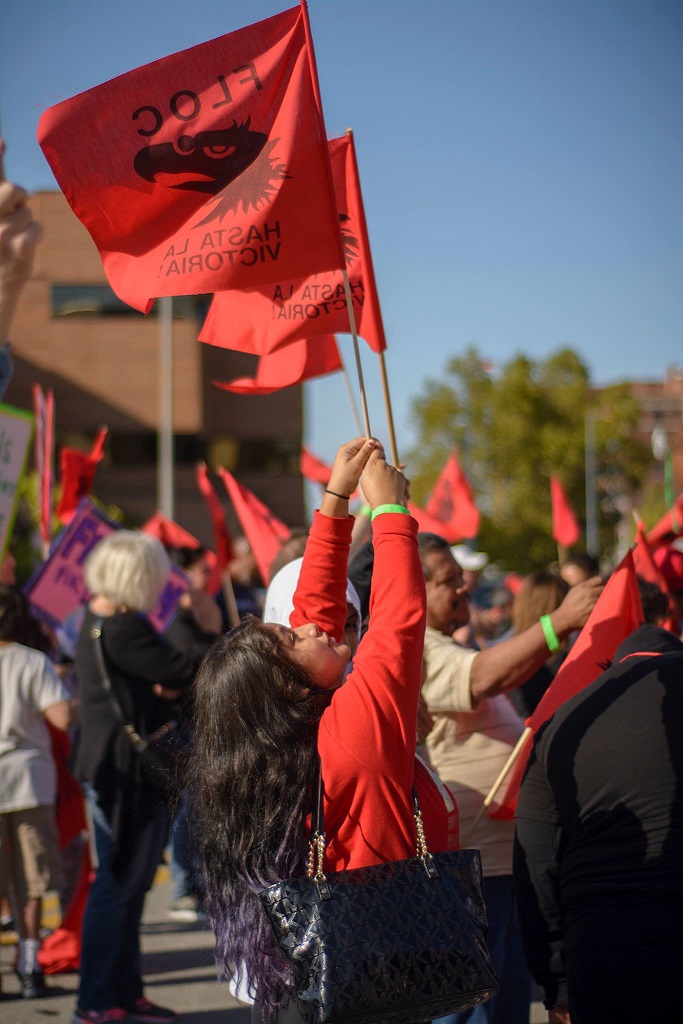 The manufacturers are not the employers. The small family suppliers who employ the workers are themselves victims of price limitation by the monopoly power of the big companies, while the farmers take on the costs and risks of agricultural production. We always campaigned for the buyers to sign a legal contract recognizing the union, collective bargaining and independent grievance mechanisms. After Campbell’s we duplicated our success with related companies including H J Heinz and the Ketchup Corporation whose subsidiaries bought cucumbers.
The manufacturers are not the employers. The small family suppliers who employ the workers are themselves victims of price limitation by the monopoly power of the big companies, while the farmers take on the costs and risks of agricultural production. We always campaigned for the buyers to sign a legal contract recognizing the union, collective bargaining and independent grievance mechanisms. After Campbell’s we duplicated our success with related companies including H J Heinz and the Ketchup Corporation whose subsidiaries bought cucumbers.
In response these companies simply began buying further south where cucumbers were cheaper, and that’s how FLOC became involved in North Carolina in 1985.
What are Union Authorisation Cards in the US?
This card is used at elections to confirm that the person has agreed to union representation and that they work for the company concerned.
After our successful consumer boycott of Campbell Soups, subsequent negotiations resulted in an Independent Commission for which we selected John Dunlop as Chair. He had been Secretary of Labor under Gerald Ford and was a hero for the workers. We agreed that the Commission would write the rules of representation with binding arbitration. It was our independent labour law by private agreement. The first elections followed, and the farmers were required to implement the union rules for those workers who held an Authorization Card. Now, when we campaign against a company our first step is to demand recognition for the Commission – not for the union.
In 2011 you partnered with Oxfam America in an international campaign, to pressure retail outlets selling Reynolds products. You also received support from some British MPs, the TUC and Unite the Union. How has all this developed in the last 9 years?
Since BAT bought Reynolds American, we are pressurizing them to recognize FLOC and duplicate the agreement covering collective bargaining and freedom of association.
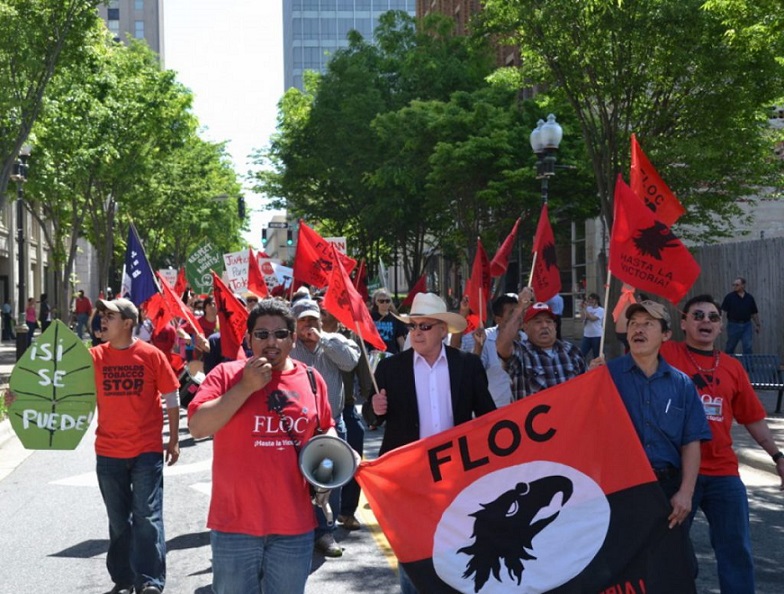 The Covid pandemic delayed our consumer boycotts on shops, but we’ve also been pressuring them on human rights abuses in their supply chains, and we’ll be doing more of that at their shareholders meeting this week in London. We will also be meeting a representative from Reynolds in the US later this month, which sounds promising.
The Covid pandemic delayed our consumer boycotts on shops, but we’ve also been pressuring them on human rights abuses in their supply chains, and we’ll be doing more of that at their shareholders meeting this week in London. We will also be meeting a representative from Reynolds in the US later this month, which sounds promising.
The prospective worker used to bring the dollar equivalent in pesos to the recruiter, and that’s where the extortion took place. We stopped that, now the money is deposited directly in the Banamex bank in Mexico and transferred electronically to the Consulate for the interview and the visa. It could only be done by the employers making their recruiters do it this way – we can’t get the law changed in Mexico, it’s a foreign country.
What do you hope to have achieved from this visit?
We want the backing of management people on this issue, which is not just about the US. The UN Special Rapporteur report on Agriculture and the Right to Food, shows the enormous amount of exploitation in supply chains, globally, involving child labour and forced labour. The International Union Federation helped us convene a meeting with tobacco sector unions in Malawi in 2017 where we wrote a declaration for action to create an independent mechanism for labour rights. Recommendations to encourage manufacturers to improve and governments to pass laws are just not going to work, as we’ve seen in the US where violations are impossible to investigate and stop. And workers without legal documents are afraid of losing their jobs. We believe that our independent framework for agreements negotiated directly with companies could work globally.
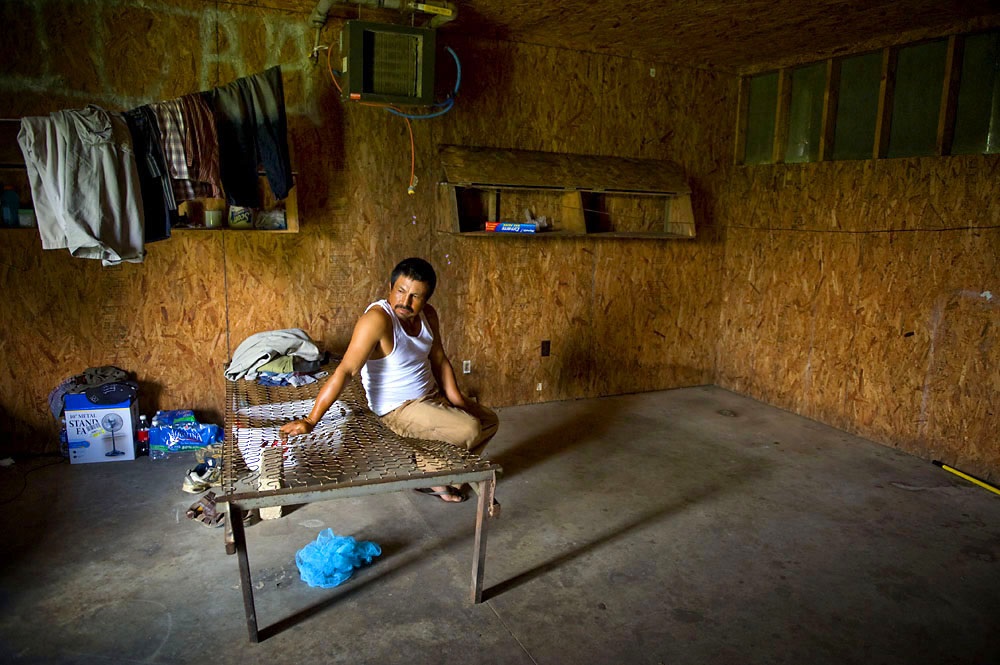 Do consumer boycotts work, or can you only apply moral pressure?
Do consumer boycotts work, or can you only apply moral pressure?
The moral position of the churches and other religious groups has helped win our campaigns, because they recognize the universal right to feed, clothe and educate children.
When informed of the terrible conditions suffered by workers, the normal person is going to agree to stop buying the products of this exploitation.
These companies invest enormously in creating positive images, so when you create doubt among consumers you neutralize a lot of money. A Campbell Soup executive told me that our 7-year boycott hadn’t impacted sales that much, but it had damaged their image.
Have you had any support from the British Labour Party, and will you be meeting them officially?
No, we haven’t reached those levels of contact yet in the UK, and we hope to move in that direction on this visit.
These companies including BAT buy through the broker Alliance One, based in North Carolina, that buys flue-cured tobacco in several African companies where exploitation is extreme, including Malawi, Zimbabwe, Mozambique and Uganda, as well as Brazil.
When we visited Malawi, we found that workers are being paid the equivalent of US$0.85 a day, compared with $15.00 an hour in the US.
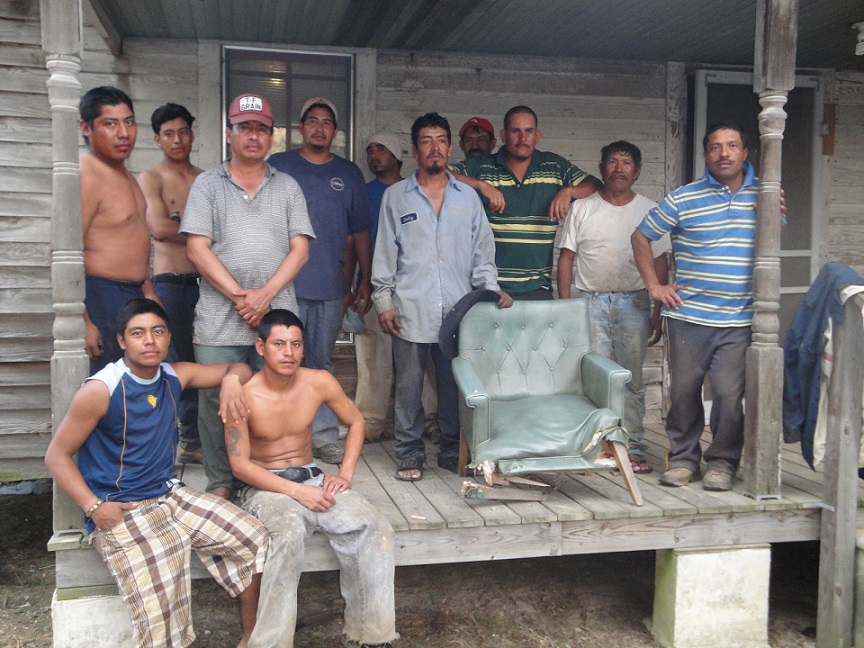 And US farmers are suffering high inflation rates and skyrocketing prices of diesel and fertilizers, so they are abandoning their businesses and the big companies are buying in Africa instead, which hurts US workers too.
And US farmers are suffering high inflation rates and skyrocketing prices of diesel and fertilizers, so they are abandoning their businesses and the big companies are buying in Africa instead, which hurts US workers too.
Tobacco production in North Carolina depends very largely on Mexican migrant labourers, often undocumented. Are they subject to criminal mafias?
There is a lot of corruption in Mexico, involving bribery and extorting money for visas. Everyone in a poor village wants a visa-waiver, but they have to be fit for heavy dirty work, bribery can’t change that. These H-2A visas are issued by the USCIS service in the US and sent to their Consulate, usually in Monterrey, Mexico. The legitimate fee for the whole process and the bus to the US is about $350 but they were extorting as much as $2000, so we alerted the growers association and opened an office in Monterrey, where we documented some of the graft and got a couple of recruiters fired. But the Mordida is part of the culture in Mexico, and there were also fake recruiters who suckered maybe 3 – 400 people into handing over passports and money, and then just disappeared.
The result of our efforts led to one of our staff Santiago Rafael Cruz being bound and beaten to death right inside our office – to send us a message and try to close us down. Congresswoman Marcy Kaptur from Ohio accompanied me on a visit after this and got the Nuevo Léon government to investigate.
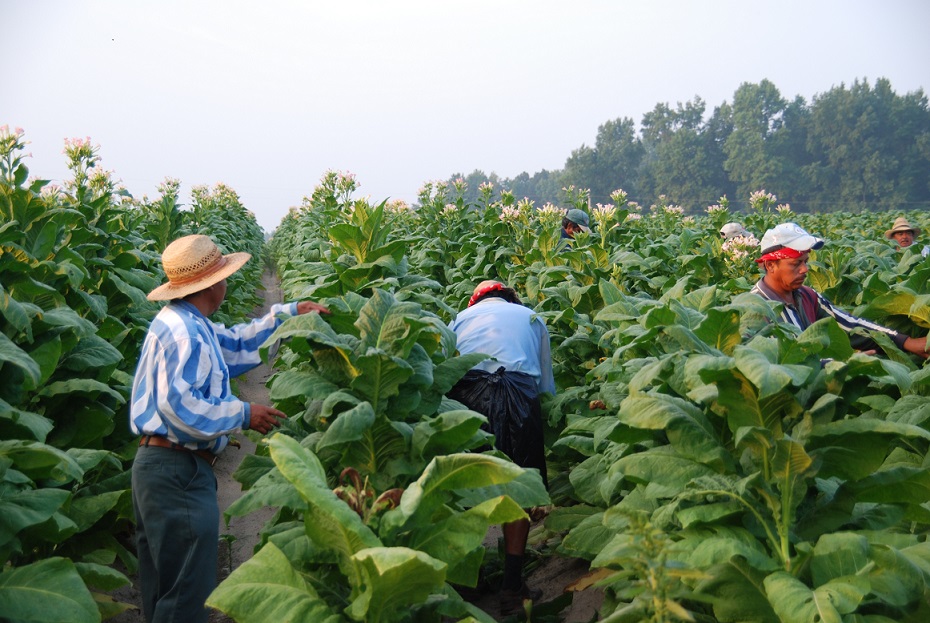 They caught one of the killers and he got a 23-year sentence, but although he identified two others the government never got them which shows the extent of corruption within government.
They caught one of the killers and he got a 23-year sentence, but although he identified two others the government never got them which shows the extent of corruption within government.
In conjunction with research by Oxfam America you have concluded that an industry-wide solution is required. Are you trying to get legislation changed?
No, because we think our limited resources are better spent in other ways, and the models we have developed go a lot further than typical oversight and compliance measures that governments have. Compliance is complaint-driven, and workers are not protected from retaliation unless it’s a long-term legal fight which requires a lot of money for lawyers.
If manufacturers sign up to an independent mechanism that allows workers to complain directly, they become on-the-spot inspectors of their own fate.
The Crew Leader Registration Act controls independent contractors, but the work conditions change all the time and there’s always another person ready to replace anyone who complains. The only way is a system where the workers represent themselves and have the tools to do so. The buyers’ companies have the power to negotiate the quality control conditions in their contracts with farmers, so it’s easy to include workers’ rights. But they have to be pressured because their shareholders don’t want it.
(Photos supplied – and authorised for publication – by McKenzie Swain, Communications Lead for FLOC)












.jpg)













Fascinating.